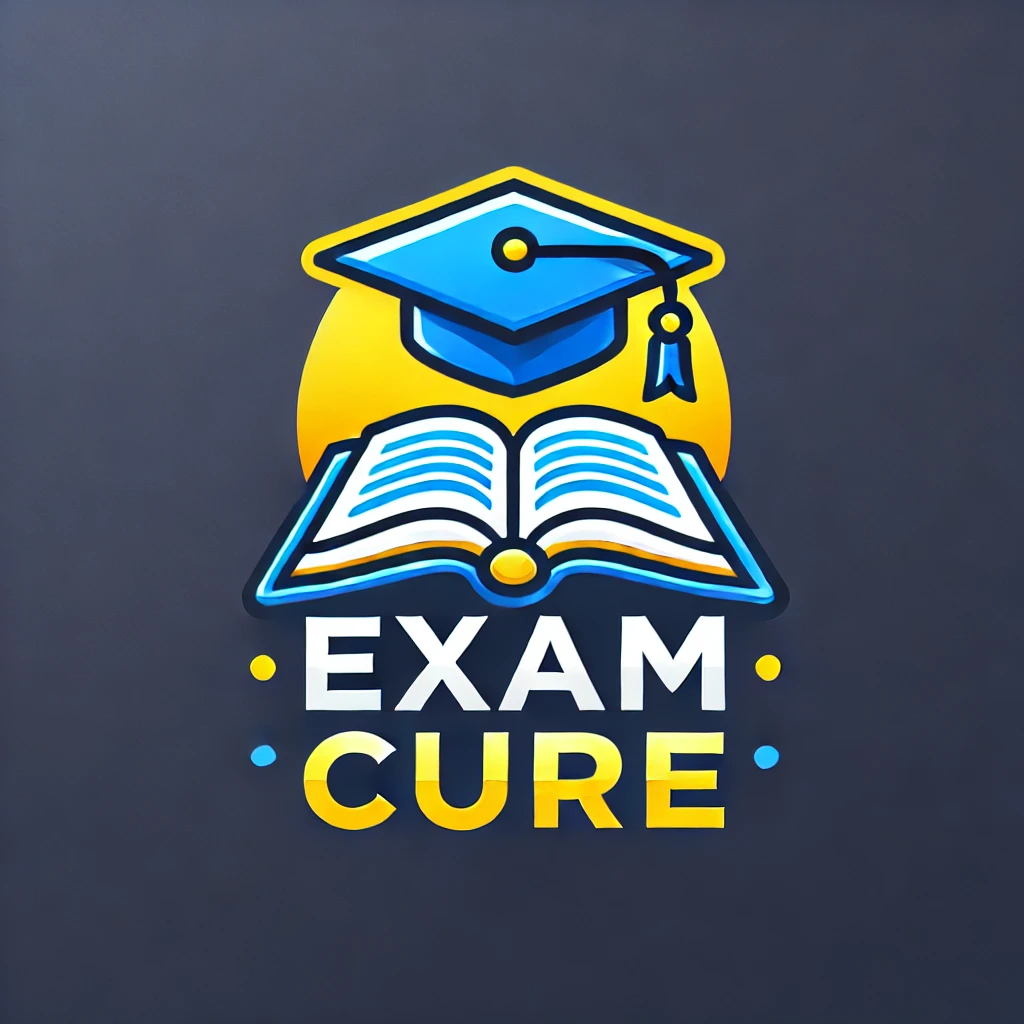Arab Board Family Medicine Mock Tests – 2026 | 150 MCQs Each
Timed, blueprint-aligned Arab Board mocks. 150 best-of-five MCQs per form with explanations, analytics, and performance breakdowns. Updated 2026.

Course contents
Arab Board Family Medicine Exam Overview
How many hours is the Arab Board Family Medicine Part 1 exam?
How many questions are on the Arab Board Family Medicine exam?
What topics are covered on the Arab Board Family Medicine exam?
More About the Arab Board Family Medicine Exam
Part 1 is a single written paper of best-of-five MCQs built around clinical vignettes. The blueprint emphasizes core family medicine across age groups and settings, testing diagnosis, initial management, next step, and appropriate investigations.
Key Focus Areas for Arab Board Family Medicine —
-
Adult Medicine: hypertension, diabetes, CKD, dyslipidaemia, chest pain/dyspnoea, thyroid, anemia.
-
Women’s Health: antenatal/post-partum care, contraception (incl. breastfeeding), abnormal bleeding, pelvic infections.
-
Pediatrics: fever without source, respiratory & GI illness, rashes, growth & development, vaccine schedules/catch-up.
-
Geriatrics & Polypharmacy: falls, delirium vs. dementia, frailty, deprescribing, orthostatic hypotension.
-
Urgent Primary-Care Presentations: anaphylaxis, asthma/COPD flare, chest pain risk-stratification, red-eye triage, acute abdomen.
-
Mental Health: depression, anxiety, suicidality assessment/safety planning, somatic symptoms, substance use.
-
Prevention & Screening: immunisations, cancer screening thresholds, ASCVD risk/statins, lifestyle counselling.
-
Professionalism & Communication: confidentiality, consent, safeguarding, bad-news delivery, shared decision-making.

